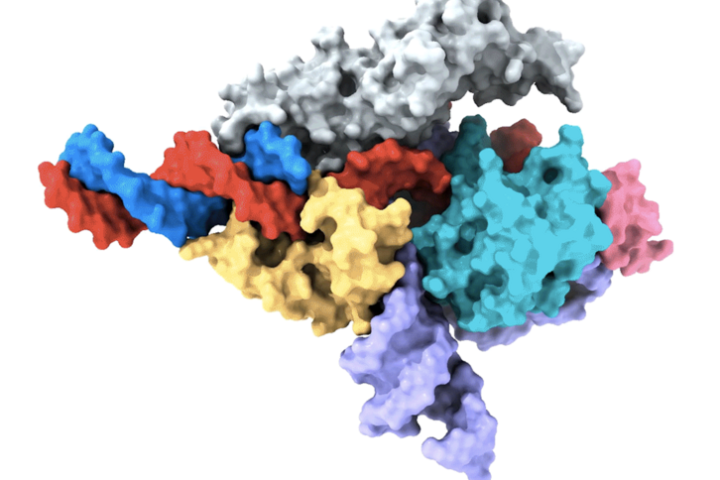 A new study has found a causal link between napping and brain volume, an indicator of brain health. Depositphotos
A new study has found a causal link between napping and brain volume, an indicator of brain health. Depositphotos
–
Pretty much all of us take daytime naps when we’re toddlers, with many ditching the habit when we’re in school and throughout adulthood. But almost a third of us (27%) resume napping when we’re 65 and over.
Previous studies have suggested that napping can boost cognitive performance, with a brief, five-to-15-minute nap providing a benefit that can last for between one and three hours. Aging reduces reaction times and memory and often sees an increase in the prevalence of cognitive impairment. With the world’s population aging, it’s important that modifiable risk factors associated with cognitive performance, such as sleep habits, are identified.
To that end, researchers from University College London have led a study looking at whether there is a causal link between daytime napping and brain health.
The researchers recruited 378,932 participants of European ancestry aged between 40 and 69, drawn from the UK Biobank. Using a technique called Mendelian randomization, they looked at snippets of DNA to determine people’s likelihood of habitual napping. Mendelian randomization is a method of using measured variation in genes of known function to examine the causal effects of modifiable risk factors.
Cognitive tests of visual memory and reaction time were administered to all participants, and the researchers viewed some participants’ magnetic resonance imaging (MRI) brain scans for structural brain changes. The participants were also asked to self-report their napping habits.
The researchers compared the brain health and cognitive functioning of people genetically ‘programmed’ to nap to those who weren’t and found that, overall, people programmed to nap had a larger total brain volume, a marker of brain health, especially in older adults. A reduction in brain volume, also called atrophy, is associated with cognition-related diseases such as mild cognitive impairment and dementia.
The researchers estimated that the average difference in total brain volume between predisposed and non-predisposed nappers was equal to 2.6 to 6.5 years of aging. But in other measures – hippocampal volume, reaction time, and visual processing – there was no difference in performance between the two groups. The hippocampus is a complex structure buried deep in the brain with a major role in memory and learning. Hippocampal volume, in particular, has been linked to a decline in cognitive function.
Based on their findings, the researchers say there is a “modest causal association” between habitual daytime napping and larger total brain volume.
“This is the first study to attempt to untangle the causal relationship between habitual daytime napping and cognitive and structural brain outcomes,” said Valentina Paz, the lead author of the study. “By looking at genes set at birth, Mendelian randomization avoids confounding factors occurring throughout life that may influence associations between napping and health outcomes. Our study points to a causal link between habitual napping and larger total brain volume.”
While the current study didn’t specify the duration of naps taken by participants, previous studies suggest that naps of 30 minutes or less provide the best short-term cognitive benefits, with napping early in the day less likely to disrupt nighttime sleep.
The researchers note a particular limitation of their study, namely that all participants were of White European ancestry, meaning the results may not be generalizable to other ethnicities. Nonetheless, they say their study’s findings demonstrate the benefits that can be gained from taking short naps.
“I hope studies such as this one showing the health benefits of short naps can help to reduce the stigma that still exists around daytime napping,” said Victoria Garfield, one of the study’s co-authors.
The study was published in the journal Sleep Health.
Source: University College London
–
























